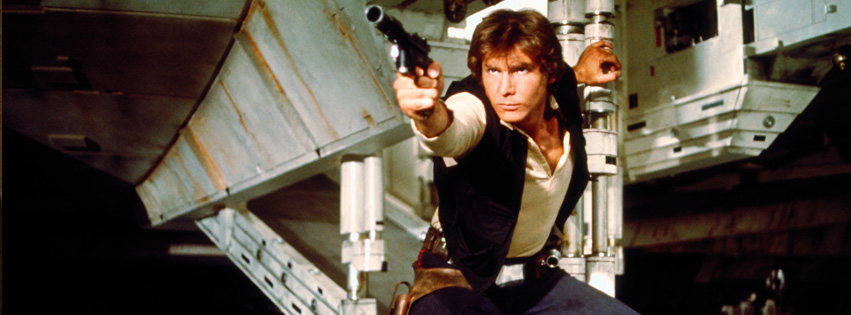In an era filled with nostalgia-driven sequels to older movies and TV shows, there is inevitable curiosity regarding how these new works will address the films that precede them. Recently, many were wondering how Blumhouse’s new “Halloween” movie would explain Laurie Strode’s death at the hands of Michael Meyers in a previous film 16 years ago. Turns out, it didn’t care to. In fact, the new film picks up after the 1978 original, essentially erasing the events of the long-winded franchise.
This isn’t the only recent case. Following its acquisition of the “Star Wars” franchise, Disney announced that all subsequent “Star Wars” films would have no connection to their predecessors. The “Cobra Kai” web series continues from the original “Karate Kid” but doesn’t include any plot lines from either of the sequels. There is a spirit in Hollywood of starting fresh while retaining connections to the original source material; the upcoming “Terminator” film will supposedly only pick up directly after the first two movies.
The new trend marks a shift in the way franchises treat canon and continuity. To some extent, major studios are saying it doesn’t matter anymore if the newest entry connects neatly to the rest of the franchise. This is perhaps a radical sentiment considering we are also in the era of popular interconnected universes like the Marvel Cinematic Universe and the CW’s Arrowverse.
But what about those forgotten sequels? What are the consequences of selectively erasing parts of a film franchise’s history?
It is important to acknowledge that some of these erased sequels aren’t very good and often amount to a inconspicuous direct-to-video release. Creatively speaking, sticking to the stories introduced by these films can pose a headache to new filmmakers. It is hard to make a “Friday the 13th” movie grounded when Jason Voorhees took his murder spree to outer space in the tenth film, “Jason X.”
It’s not even uncommon for the filmmakers of these old sequels to deride them just as much as the consumer. The director of “The Karate Kid Part III,” John G. Avildsen, notably went on record to blast his own film, claiming it was a “poor imitation of the first one.” Perhaps erasing these sequels from canon is a necessary evil for the franchise to continue.
The more concerning problem lies within the subtext of these new sequels. Many of them appear to be efforts to recapture the magic of the originals and bring their respective franchise back to its roots. This devotion to the original work seems fine in theory, but it breeds a culture of reluctance to actively try new ideas.
Say what you want about the former “Halloween” sequels: they were cheesy, over-the-top and poorly written. But they were not afraid to take the franchise in strange, original directions. In contrast, one of the latest “Star Wars” films, “The Force Awakens,” was overly concerned with reminding the audience that it was a return to the original concept, and some critics noted how closely the basic plot resembled “A New Hope.” There’s nothing inherently wrong with wanting to return to the roots of what once made a franchise great, but it is disappointing to see these sequels putting nostalgia above originality.
Sequels today are in a battle between needing to build out larger worlds and throwing out concerns of constructing an ongoing narrative. Instead, they focus on being a vehicle for whatever new ideas the filmmaker prefers. For diehard fans that care about continuity and a logical timeline of events, this change is something of a nightmare. For the casual viewer who cannot keep up, it opens up a huge expanse of accessibility. If you’re somewhat familiar with the main tenets of a franchise, you can now jump in and out just about anywhere.
Sequels may make efforts to continue the narratives of their predecessors, but there’s no mistaking that the connective tissue of these franchises continues to break down — for better or for worse.
A version of this article appeared in the Monday, Nov. 5 print edition. Email Ethan Zack at [email protected].


























































































































































